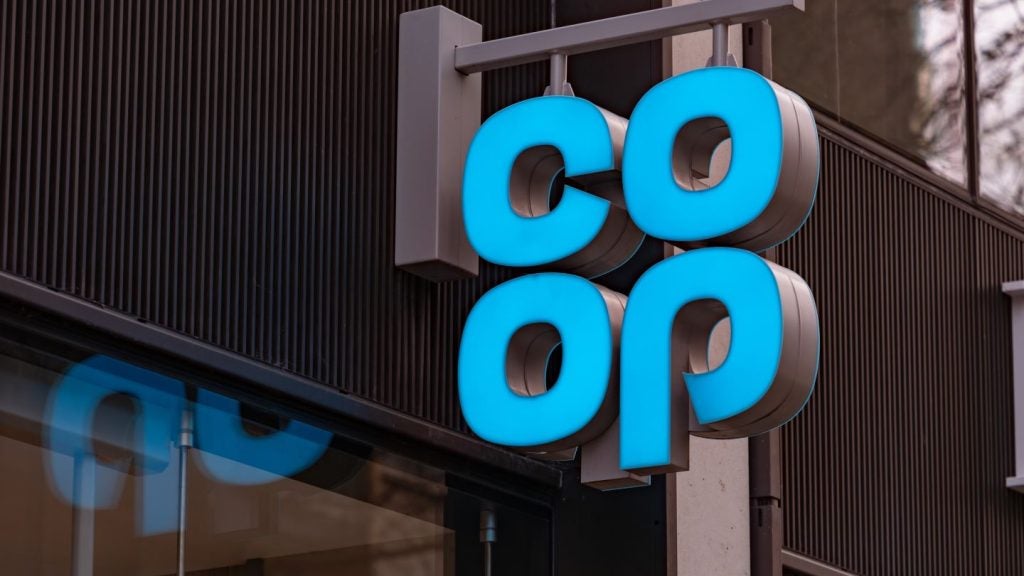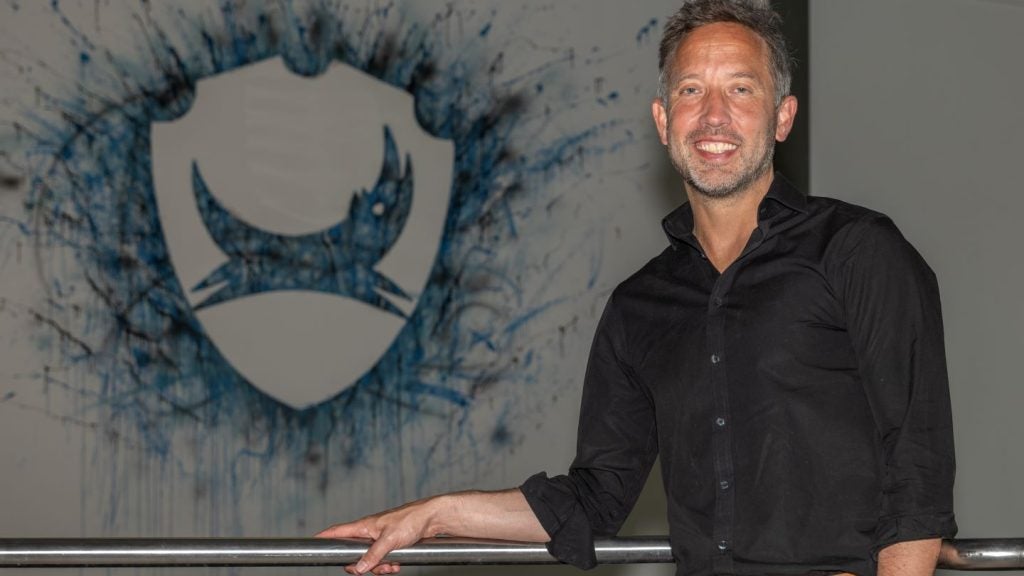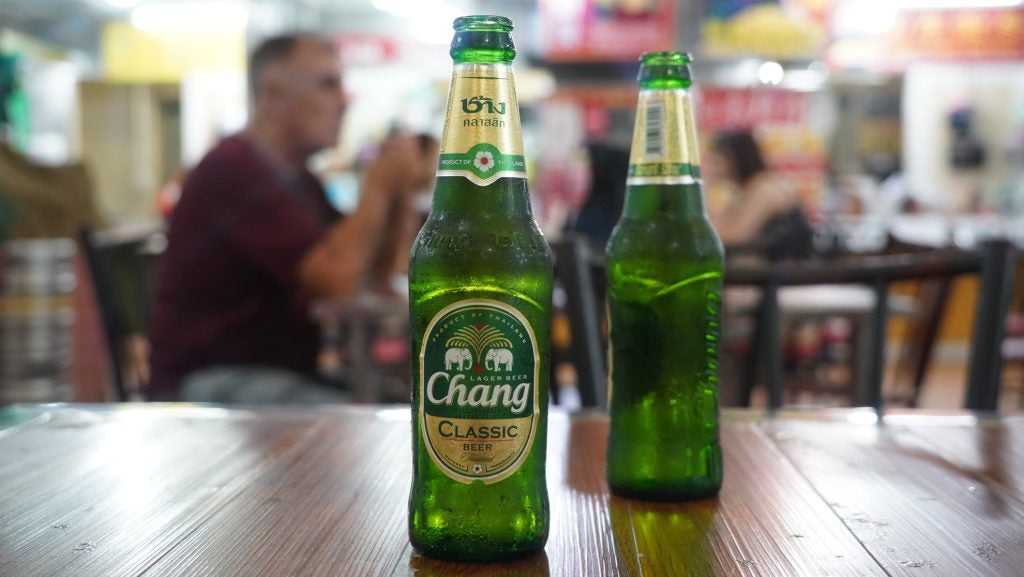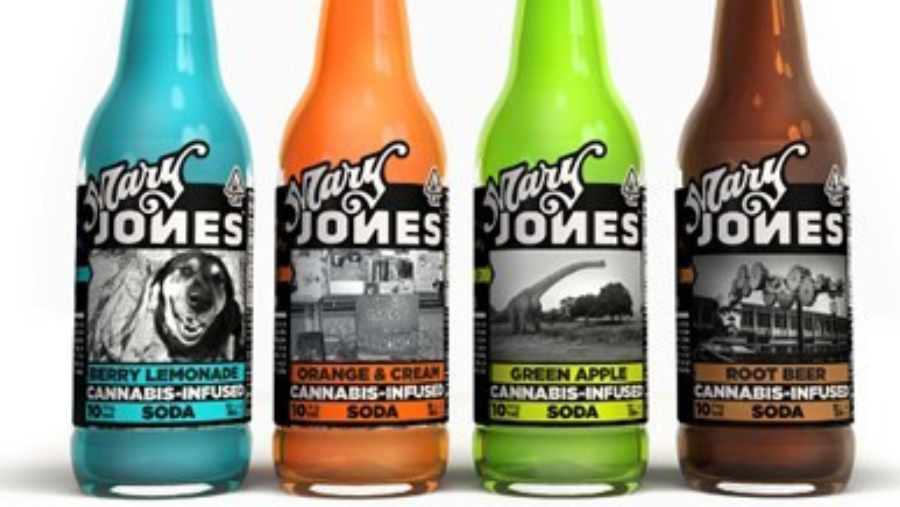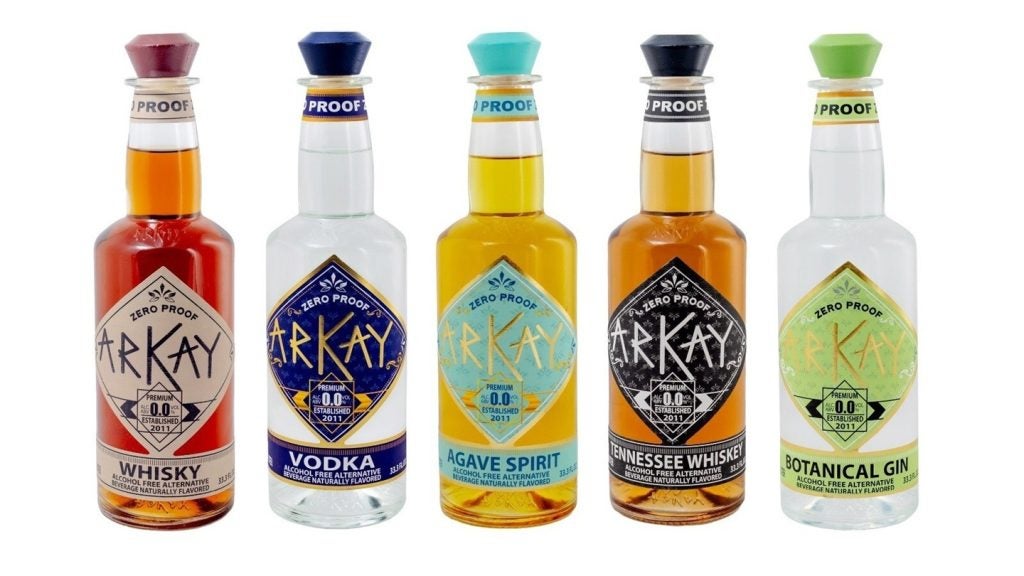The Co-op Group is to stop sourcing goods from 17 countries, including Israel and Russia, where the UK retailer says there are “internationally recognised” human rights abuses and violations of law.
In a statement issued yesterday (24 June), The Co-op said its board had approved the new sourcing policy.
The move follows a vote by The Co-op's members in May to exclude Israeli products from its stores.
In response, a board review has led to a new sourcing policy, which the retailer said states that "wherever possible, they will not use ingredients in Co-op branded products or sell whole products from 17 countries of concern, which have been identified by the international community”.
Other nations in the group include Democratic Republic of Congo, Haiti and Mali. Products including Russian vodka, mangoes from Mali and carrots from Israel are being removed from this month.
Last week, Heineken announced it had lost “operational control” of its facilities in the eastern region of the Democratic Republic of Congo. The Dutch brewing giant has withdrawn its staff due to the worsening security conditions in the region.
The Co-op, the UK's seventh-largest grocer by sales according to Kantar, said the policy is based on the criteria including: that the violations are recognised by sources such as the UN; banning the products makes a “difference directly or indirectly to those affected and would alleviate suffering”; and the actions do not “negatively” impact the company’s business.
Debbie White, the chair of The Co-op's group board, said the policy is a “clear demonstration of our co-operative values in action, where the voices of our members have been listened to and then acted upon”.
The Co-op, with over six million active member-owners, operates more than 2,300 food stores and has a workforce of 54,000.
Just Food approached UK Lawyers for Israel, which had criticised the motion passed by The Co-op's members, for comment.
Jonathan Turner, the chief executive for UK Lawyers for Israel, said: “Although the Cooperative Group claims to base this decision on human rights and humanitarian concerns, its list of banned countries do not include China, which is engaged in a real genocide), nor Turkey or Morocco, which illegally occupy territories to which they have transferred large numbers of their own populations).
"The Cooperative Group seek to whitewash their discriminatory decision by referring to UN sources that are totally biased against Israel. The decision does not accord with cooperative values and we are investigate whether there are grounds for a legal challenge.”


